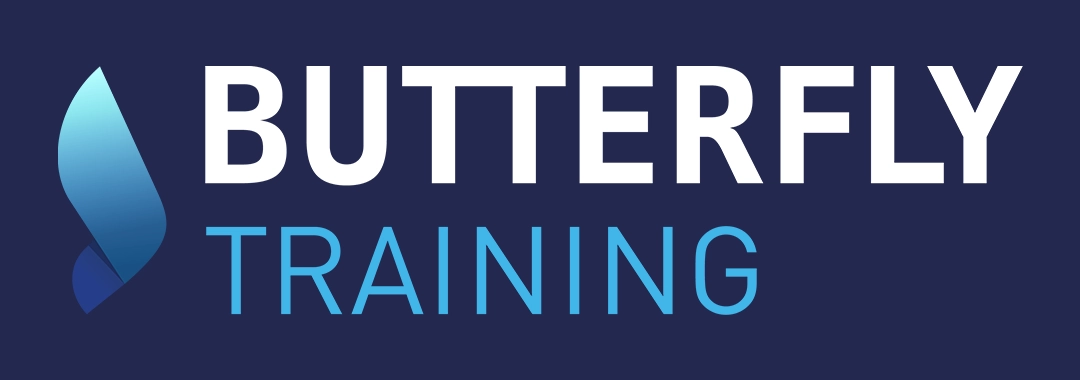Fuel Tank Safety (FTS) and CDCCL
Introduction
EASA [Guidance on EASA Fuel Tank Safety Letter]
“Critical Design Configuration Control Limitations (CDCCL): As applied to Fuel Tank safety policy,
this term refers to a feature of the fuel system design the integrity of which must be maintained to
ensure that unsafe conditions do not develop. Features in an aircraft installation or component that
must be retained during modification, change, repair, or scheduled maintenance characterize
CDCCL. These features may exist in the fuel system and its related installation or in systems that
could, if a failure condition were to develop, interact with the fuel system in such a way that an
unsafe condition would develop in the fuel system…”
Who is required to receive Fuel Tank Safety and CDCCL Training?
- Level 1: Quality and Management Staff (as per ED 2009/006/R and ED 2009/007/R), involved in the maintenance or continuing airworthiness of fuel systems and aircraft impacted by these regulatory requirements.
- Level 2: Qualified Staff in charge of the continuing airworthiness of aircraft and fuel systems affected by these regulatory requirements (as per ED 2009/006/R and ED 2009/007/R).
What online training do we offer?
Training available in English (contact us if you need training in another language).
The courses meet the requirement of FAA and EASA.
Duration: 3.5 hours
Objectives:
- Understand and become familiar with the application of this new regulation introducing the notions of Critical Design Configuration Control Limitations (CDCCL) and Airworthiness Limitation Items (ALI) into airworthiness data.
- Provide participants with a technical knowledge in terms of Fuel Tank Safety (FTS).
Program:
- TWA 800 accident investigation report
- History of aircraft flammability reduction programme
- Notions of Critical Design Configuration Control Limitations (CDCCL) and associated requirements
- Operational rules related to Fuel Tank Safety
- Maintenance rules related to Fuel Tank Safety
- Fuel tank inerting systems
- Production requirements (e.g. CS 25 and FAA 14CFR 25)
- Final assessment
Target Group: Quality and management staff (as per ED 2009/006/R and ED 2009/007/R), involved in the maintenance or continuing airworthiness of fuel systems and aircraft impacted by these regulatory requirements.
Validity: 2 years
Duration: 3.5 hours
Objectives:
- Understand and become familiar with the application of this new regulation introducing the notions of Critical Design Configuration Control Limitations (CDCCL) and Airworthiness Limitation Items (ALI) into airworthiness data.
- Provide participants with a technical knowledge in terms of Fuel Tank Safety (FTS).
Program:
- TWA 800 accident investigation report
- History of aircraft flammability reduction programme
- Notions of Critical Design Configuration Control Limitations (CDCCL) and associated requirements
- Operational rules related to Fuel Tank Safety
- Maintenance rules related to Fuel Tank Safety
- Fuel tank inerting systems
- Production requirements (e.g. CS 25 and FAA 14CFR 25)
- Final assessment
Target Group: Quality and management staff (as per ED 2009/006/R and ED 2009/007/R), involved in the maintenance or continuing airworthiness of fuel systems and aircraft impacted by these regulatory requirements.
Validity: 2 years
Duration: 8 hours
Objectives:
- Understand and become familiar with the application of this new regulation introducing the notions of Critical Design Configuration Control Limitations (CDCCL) and Airworthiness Limitation Items (ALI) into airworthiness data.
- Provide participants with a technical knowledge in terms of Fuel Tank Safety (FTS).
Program:
- TWA 800 accident investigation report
- History of aircraft flammability reduction programme
- Implemented industrial solutions
- Analysis of work documents
- Notions of Critical Design Configuration Control Limitations (CDCCL) and associated requirements
- Airworthiness Limitation Items (ALI) of the fuel system
- Production requirements: CS 25 and FAA 14 CFR 25
- Development of Part M and Part 145 AMC
- Operational rules related to Fuel Tank Safety
- Maintenance rules related to Fuel Tank Safety
- Fuel tank inerting systems
- Final assessment
Target Group: Qualified staff in charge of the continuing airworthiness of aircraft and fuel systems affected by these regulatory requirements (as per ED 2009/006/R and ED 2009/007/R).
Validity: 2 years
Duration: 3.5 hours
Objectives:
- Understand and become familiar with the application of this new regulation and its associated techniques (equipment, tools, directives, AD/CN, SB, BI...) in terms of Fuel Tank Safety (FTS).
- Provide the participants with a recurrent training in terms of fuel tank safety.
Program:
- Reminder of EASA and FAA regulations
- Reminder of aircraft flammability reduction programme
- Implemented industrial solutions
- Analysis of work documents
- Examples of Critical Design Configuration Control Limitations (CDCCL)
- Airworthiness Limitation Items (ALI) of the fuel system
- Production requirements: CS 25 and FAA 14 CFR 25
- Development of Part M and Part 145 AMC
- Reminder of the operational rules related to Fuel Tank Safety
- Reminder of the maintenance rules related to Fuel Tank Safety
- Fuel tank inerting systems
- Final assessment
Prerequisites: Qualified staff having successfully completed the « FTS Level 2 Initial Training » for less than 2 years
Target Group: Qualified staff involved in the maintenance or continuing airworthiness of fuel systems and aircraft concerned by these regulatory requirements.
Validity: 2 years

